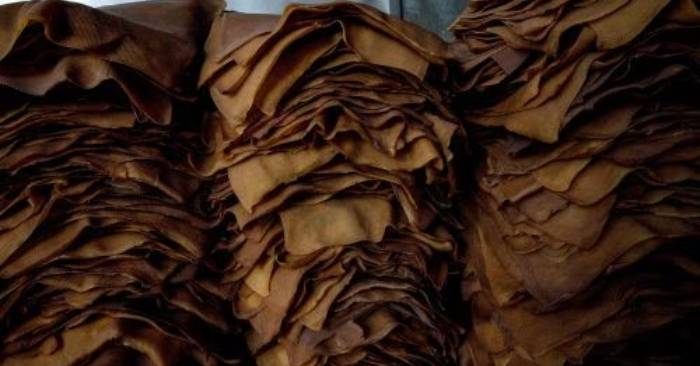EU Introduces Stringent Standards for Rubber Production, Impacting Indian Exports

The European Union’s (EU) decision to enforce stringent standards for rubber production, with mandatory certification required from 2025, is poised to significantly impact the Indian rubber industry. Indian tyre companies, major exporters to the EU, are urged to adhere to these guidelines, emphasizing compliance with environmental and human rights norms in rubber harvesting. The certification process, mandated from 2025, will require a certificate affirming that rubber products are made in accordance with the specified standards. Failure to provide this certification could lead to a ban on the products.
This development poses a notable challenge to Indian rubber companies, as the EU accounts for a substantial portion of India’s rubber exports, with an annual value of around Rs 46,000 crore. The EU directive not only puts the onus on Indian exporters to meet the standards but also impacts the economic interests of Kerala, where 80% of the income from rubber product exports is derived. The Indian government has commissioned the Indian Institute of Plantation Management and the Federation of Indian Exporters Organisation to develop guidelines, with reports expected to shape the compliance framework. The certification task may potentially be assigned to the Rubber Board, which has reached an agreement with the state digital university for this purpose.
These developments highlight the need for the Indian rubber industry to adapt to evolving global standards, ensuring sustainable and ethical practices in rubber production to maintain its standing in key export markets.






